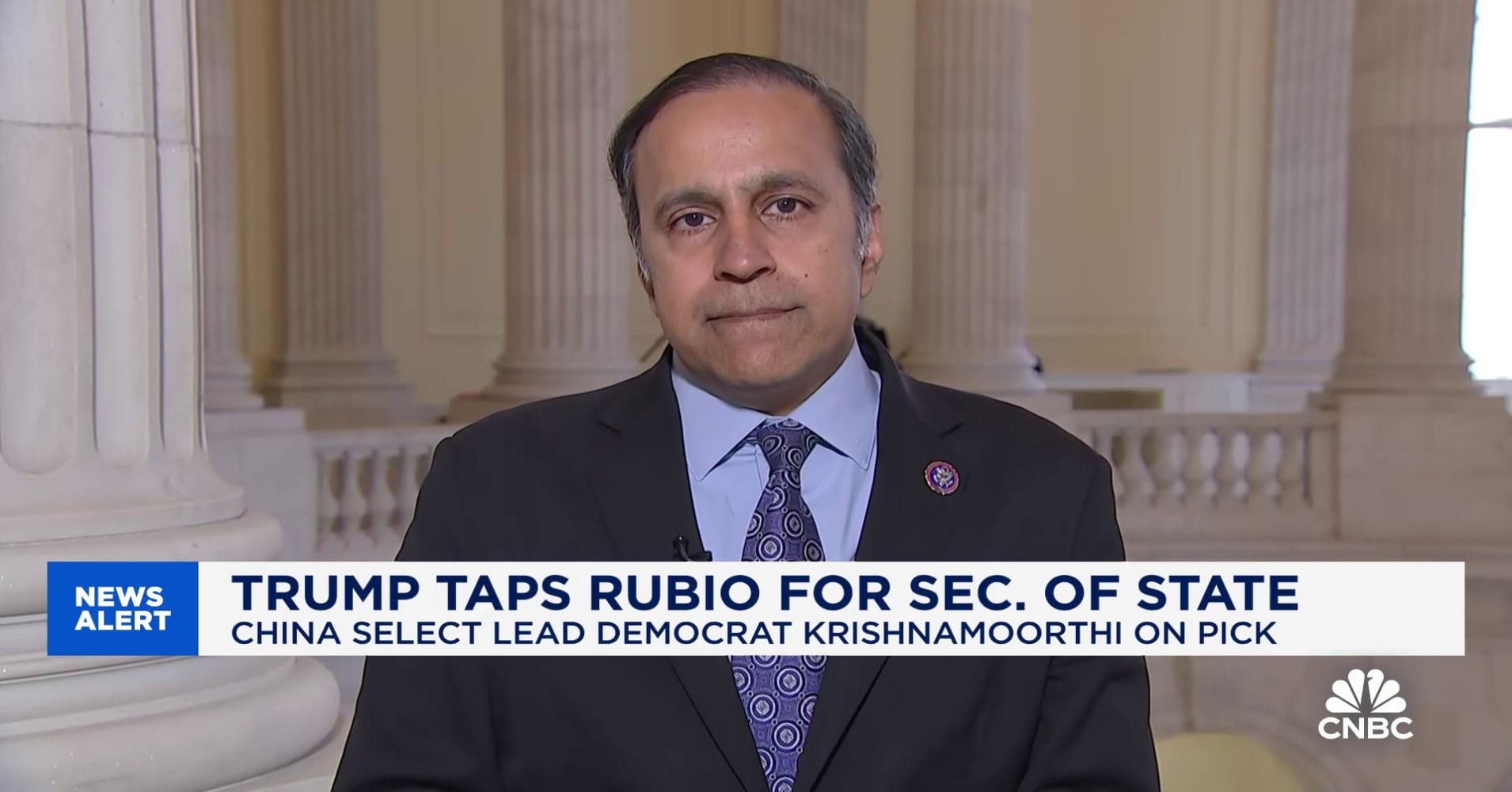The U.S. will launch its third crackdown in three years on China's semiconductor industry on Monday
By Karen Freifeld and David Shepardson 02 Dec 2024
(Reuters) - The U.S. will launch its third crackdown in three years on China's semiconductor industry on Monday, restricting exports to 140 companies including chip equipment maker Naura Technology Group, among other moves, according to two people familiar with the matter.
The effort to hobble Beijing's chipmaking ambitions will also hit Chinese chip toolmakers Piotech and SiCarrier Technology with new export restrictions as part of the package, which also takes aim at shipments of advanced memory chips and more chipmaking tools to China.
The move marks one of the Biden Administration's last large scale effort to stymy China's ability to access and produce chips that can help advance artificial intelligence for military applications or otherwise threaten U.S. national security.
It comes just weeks before the swearing in of Republican former president Donald Trump, who is expected to keep in place many of Biden's tough-on-China measures.
The package includes curbs on China-bound shipments of high bandwidth memory (HBM) chips, which are critical for high-end applications like AI training; new curbs on 24 additional chipmaking tools and three software tools; and new export restrictions on chipmaking equipment manufactured in countries including Singapore and Malaysia.
The tool controls will likely hurt Lam Research, KLA and Applied Materials, as well as non-U.S. companies like Dutch equipment maker ASM International.
Among Chinese companies facing new restrictions are nearly two dozen semiconductor companies, two investment companies and over 100 chipmaking tool makers, the sources said. U.S. lawmakers say some of the companies, including Swaysure Technology Co, Qingdao SiEn, and Shenzhen Pensun Technology Co, work with China's Huawei Technologies, the telecommunications equipment leader once hobbled by U.S. sanctions and now at the center of China's advanced chip production and development.
They will be added to the entity list, which bars U.S. suppliers from shipping to them without first receiving a special license. China has stepped up its drive to become self-sufficient in the semiconductor sector in recent years, as the U.S. and other countries have restricted exports of the advanced chips and the tools to make them. However, it remains years behind chip industry leaders like Nvidia in AI chips and chip equipment maker ASML in the Netherlands.
The U.S. also is poised to place additional restrictions on Semiconductor Manufacturing International, China's largest contract chip manufacturer, which was placed on the Entity List in 2020 but with a policy that allowed billions of dollars worth of licenses to ship goods to it to be granted.
For the first time, the U.S. will add two companies that make investments in chips to the entity list. Chinese private equity firm Wise Road Capital and tech firm Wingtech Technology Co will be added.
Companies seeking licenses to ship to firms on the Entity List generally get denied.
DUTCH AND JAPANESE EXEMPTED
An aspect of the new package that addresses the foreign direct product rule could hurt some U.S. allies by limiting what their companies can ship to China. The new rule will expand U.S. powers to curb exports of chipmaking equipment by U.S., Japanese, and Dutch manufacturers made in other parts of the world to certain chip plants in China.
Equipment made in Malaysia, Singapore, Israel, Taiwan and South Korea is subject to the rule while the Netherlands and Japan will be exempt. The expanded foreign direct product rule will apply to 16 companies on the entity list that are seen as the most important to China's most advanced chipmaking ambitions.
The rule will also lower to zero the amount of U.S. content that determines when certain foreign items are subject to U.S. control. That will allow the U.S. to regulate any item shipped to China from overseas if it contains any U.S. chips.
The new rules are being released after lengthy discussions with Japan and the Netherlands, which, along with the U.S., dominate the production of advanced chipmaking equipment. The U.S. plans to exempt countries that put in place similar controls, the people said.
Another rule in the package restricts memory used in AI chips that correspond with what is known as "HBM 2" and higher, technology made by South Korea's Samsung and SK Hynix and U.S.-based Micron. Industry sources only expect Samsung Electronics to be impacted. The latest rules are the third major package of chip-related export restrictions on China implemented under the Biden administration. In October 2022, the U.S. published a sweeping set of controls to curb the sale and manufacture of certain high-end chips which were considered to be the biggest shift in U.S. tech policy toward China since the 1990s.
(Reporting by Karen Freifeld and David Shepardson; Additional reporting by Brenda Goh; Editing by Chris Sanders, Alexandra Alper and Sonali Paul)
Exclusive-Latest US strike on China's chips hits semiconductor toolmakers



 Inquirer
Inquirer

 CNBC
CNBC







